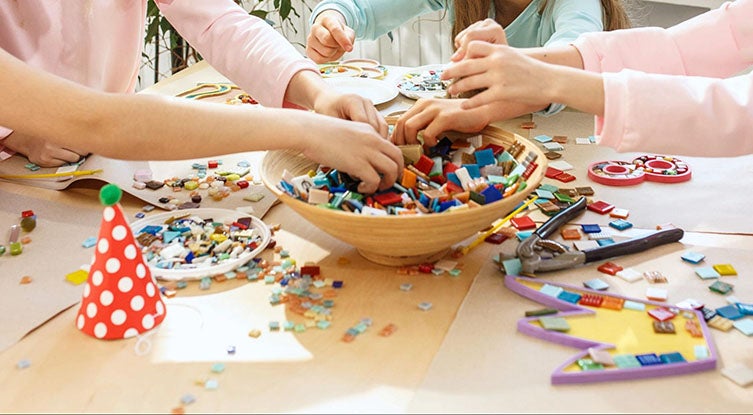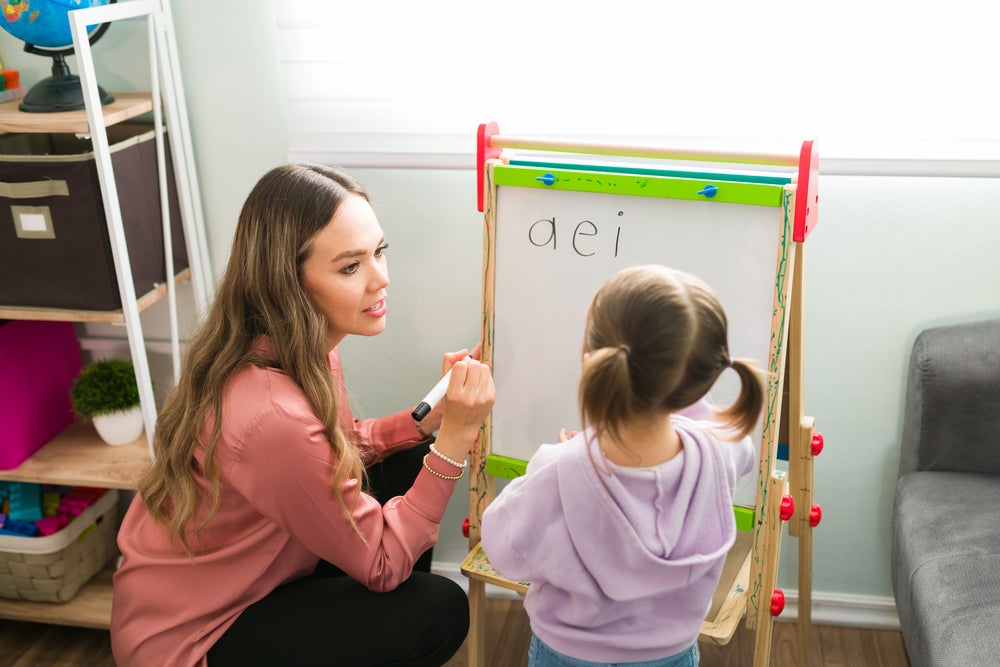As March begins, teachers and parents across the country are bracing for another season of test prep in their public schools. Even kindergarten teachers feel pressure to show gains on early literacy assessments that prove their students are making progress on critical reading and math skills.
We spent a significant part of our careers in the New York City Department of Education and understand the importance of measuring student progress. As the creators of HOMER, we’re also passionate about keeping a child’s love of reading alive and well.
If you find yourself reading this post, chances are you and your family place a strong value on raising passionate readers. You understand that learning the mechanics of reading — identifying letter sounds and sounding out words — is the key to unlocking a whole new world of joy, adventure and knowledge. You probably also share our belief that children need to love reading in order to feel motivated to keep reading.
So how do you encourage your children to master the challenging skill of reading without losing the wonder and excitement that makes reading so delightful in the first place?
Any child can become a passionate reader when encouraged properly. Here are a few tips we’ve come up with over the years as mothers and educators. We hope they will help your family keep the spirit of reading alive and well in your home, even as the pressures of standardized testing mount.
Read aloud with your child as often as possible, even after they’ve become independent readers.
Look for opportunities to read together in the course of your daily routine. After all, stories aren’t just for bedtime! Try a breakfast read-aloud or a rub-a-dub bathtub story, encourage big brother to read to little sister and so on. Even older kids can benefit from reading aloud. Choose a chapter book and take turns reading it aloud to each other.
Don’t put away the picture books too soon.
Many children who have just learned to read gravitate toward big-kid chapter books, but parents do well by their emerging readers when they keep bringing out classic picture books. Often, the vocabulary, language, rhyme and rhythm encountered in a Maurice Sendak, Kevin Henkes or Mo Willems story are far more sophisticated than what can be found in a beginning readers’ chapter-book series.
Never pressure children to read before they’re ready.
In our ultra-competitive world, we often want our children to do everything on the same schedule as the child next door. Children develop as readers at different paces, and it’s important for parents to allow that development to take place in a safe, no-pressure setting. Encourage and praise, but never push. It doesn’t work, and frustration is an enemy to reading.
Invite participation.
Most young children are eager to participate. Ask questions about the characters, discuss how you think the book is going to end before you reach the conclusion and have the child describe what he sees in the illustrations.
Surprise your child with an occasional book for a gift or take a trip to the library.
Sneak a book under your child’s pillow or plan an after-school visit to the library — followed by ice cream with sprinkles, of course! This is a wonderful way to connect reading with joy. One of our friends gives her children small books as tooth fairy gifts in addition to that shiny new quarter!
Create a wonderful reading space for your child.
Find a comfortable corner in your home that is warm, inviting and well lit. Have a shelf, basket, or container that allows your child to pick from a variety of books. Make sure it is accessible and easy to reach. If you’re really ambitious, let your child help you organize books by topic and type into different bins. This offers the perfect opportunity to talk about the many different jobs that books can do.
Take advantage of free story time.
Bookstores and libraries often have free story time once or twice a week. If you don’t have a local offering, why not create a story time with some fellow playgroup moms? You can include it as part of your normal weekly playgroup meetups, or you can create a separate day dedicated just to story time. You can take turns hosting story time at home, or you can get together at a park.
Read for pleasure yourself!
Children who see parents reading for pleasure — who hear them talking about what they’ve read, what they’ve learned, what they enjoy and are drawn to — emulate their parents. Send your child a powerful message that becoming a grownup means loving to read.












